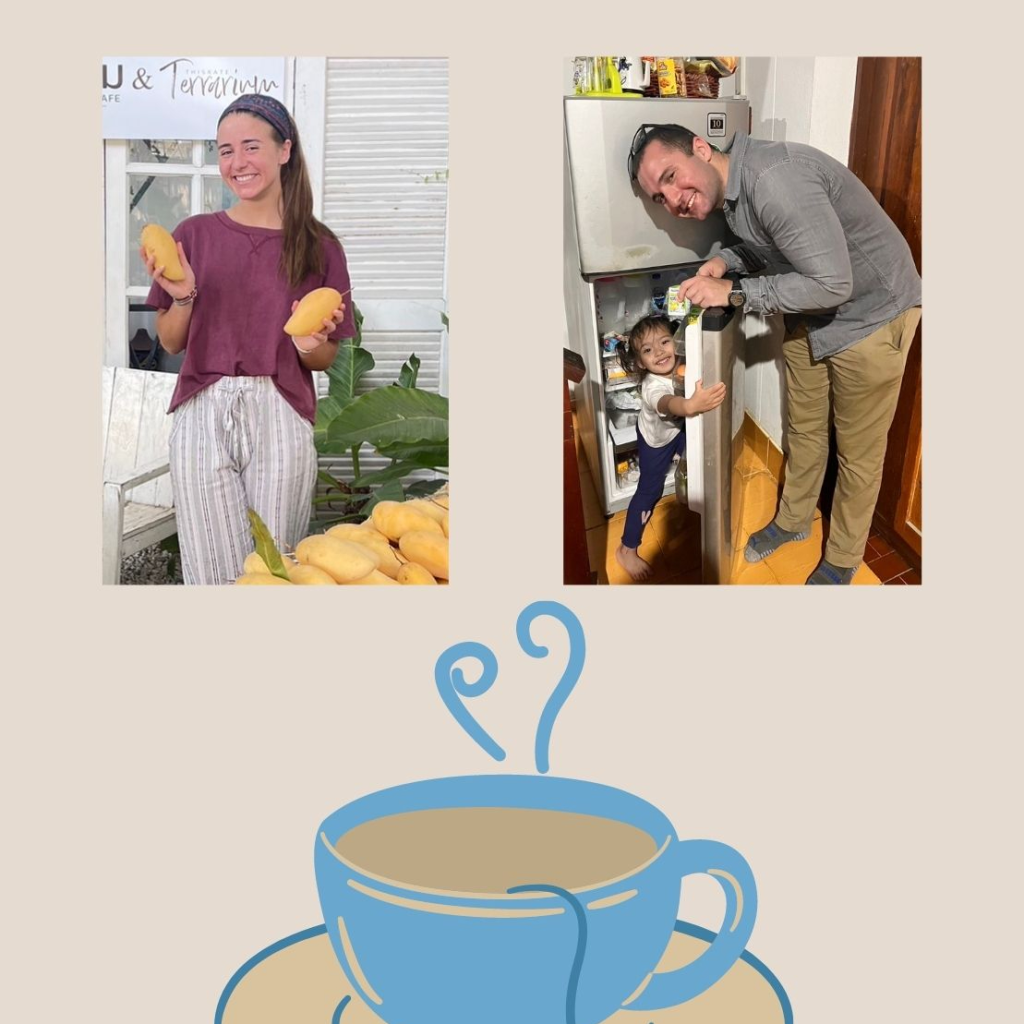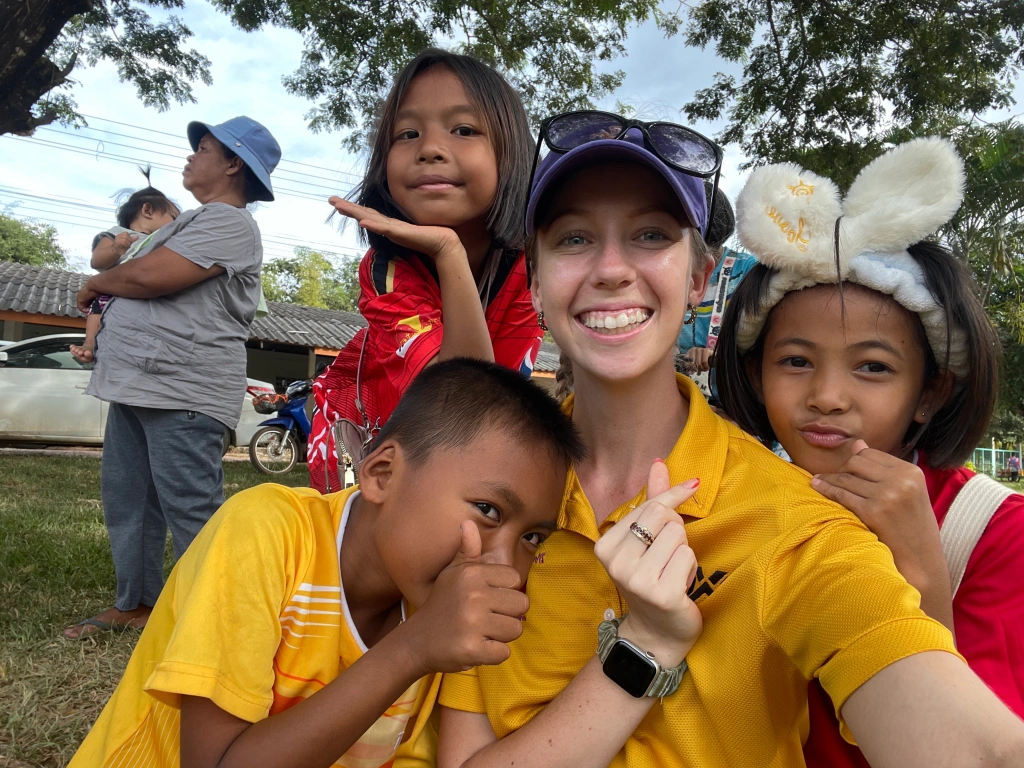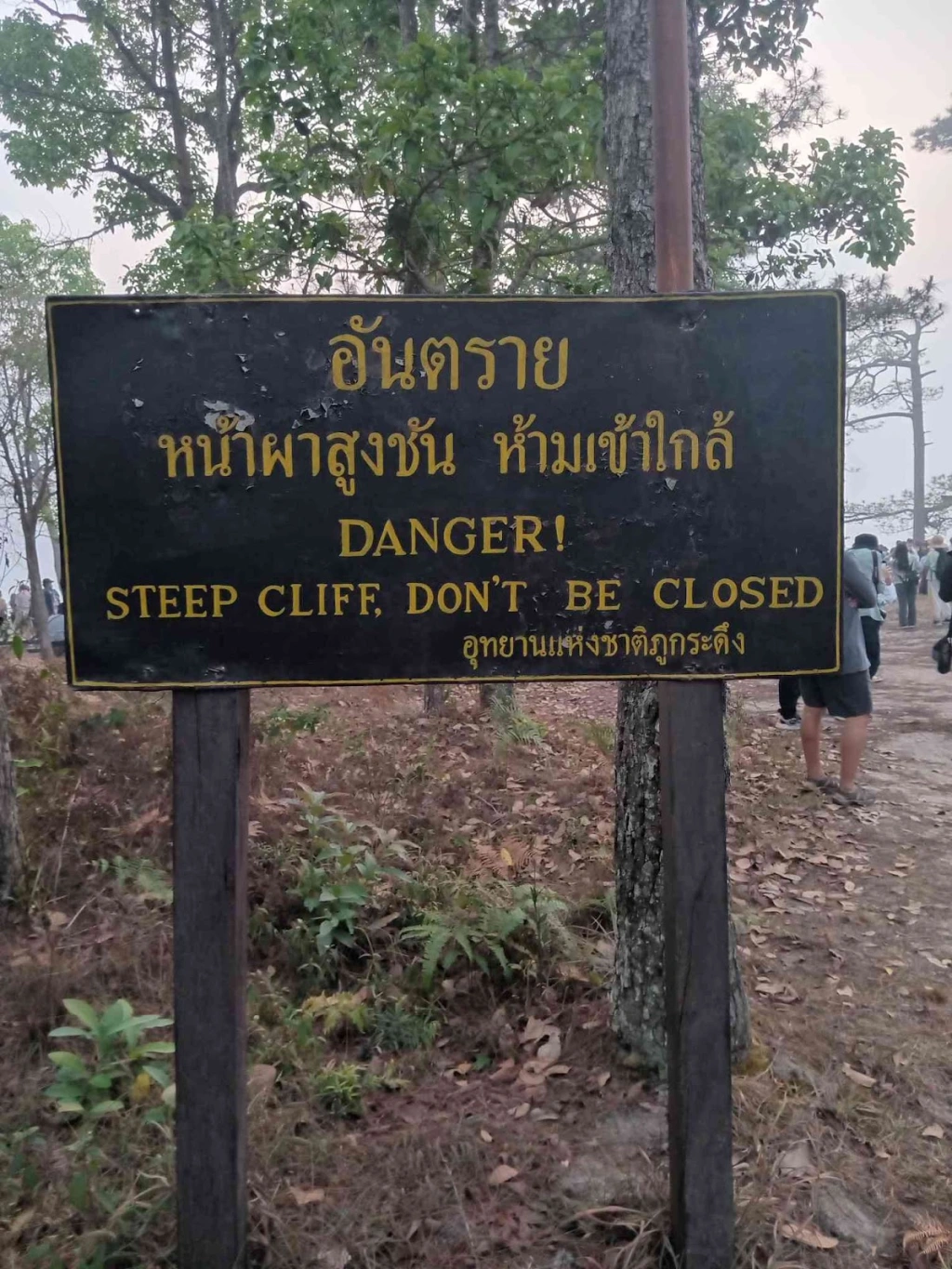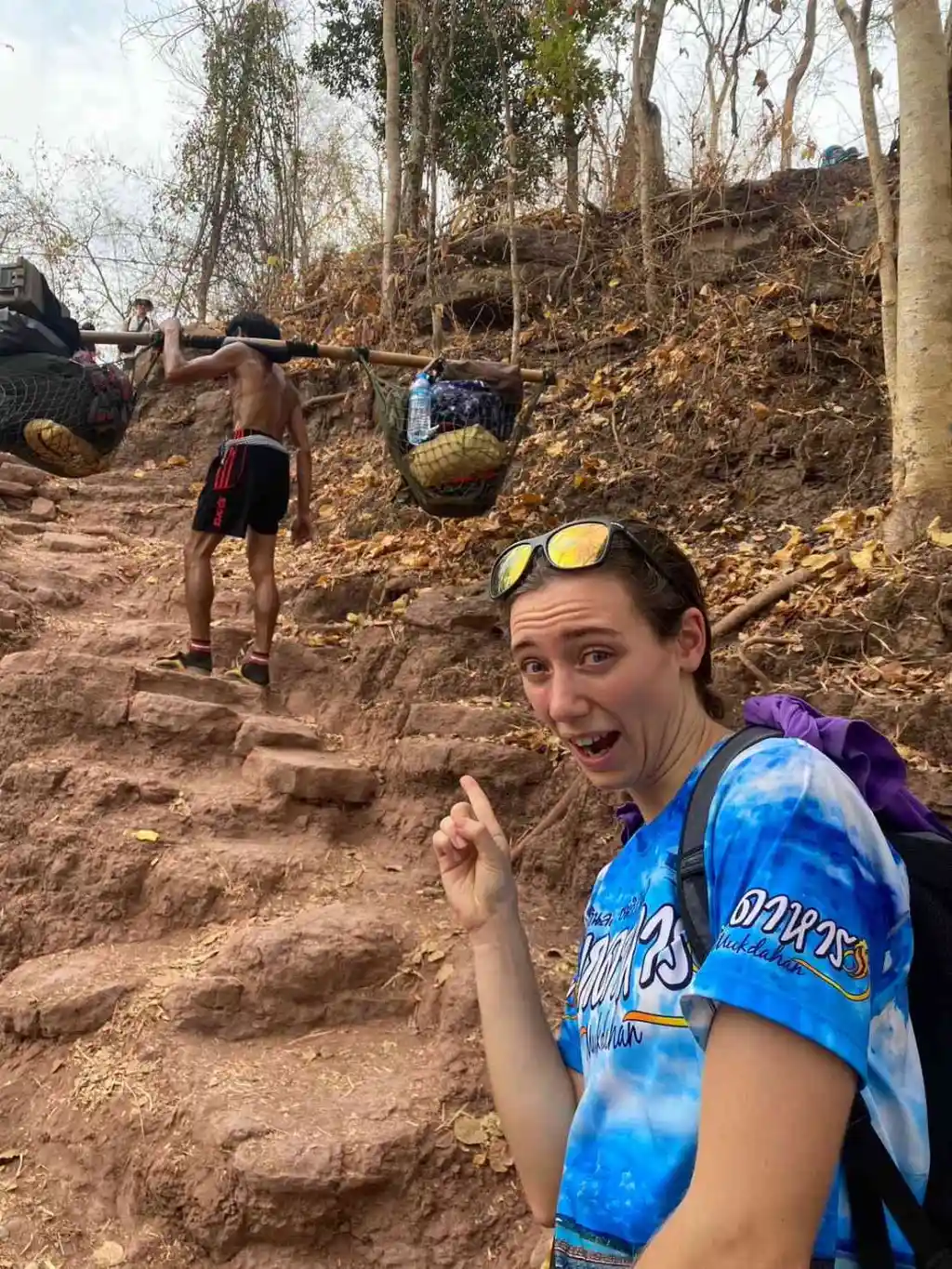Robert Sykora, 128 TCCS
My husband Paul and I serve together as Peace Corps volunteers in Thailand. One of the really nice things the Peace Corps has done over the past few years is to allow applicants to choose their country of service.
For openly lesbian, gay, bisexual and transgender volunteers, this means we can avoid being invited to serve in countries where, because of religious or cultural influences, the people we serve could be motivated to attack and even kill us. Or, at the least, we can more easily avoid service where people would suspect in some way that we are worthy of condemnation and therefore decline to work productively with us.
It’s great to be able to avoid heightened risk of attack and murder. However, other LGBT-related pressures still confront us soon after arrival in our host country.
The usual dynamic of any American volunteer immersed in host country culture — looking, sounding, and feeling out-of-place — is magnified for openly LGBT volunteers. Our extra level of minority status, defined by differences in gender roles and sexual orientation, at times leaves many LGBT volunteers feeling like super-aliens. Much of this distance may be because of host country unfamiliarity with American-style LGBT relationships.
Marriage and personal relationships are a fundamental element in every culture and are a ubiquitous area of curiosity and discussion. Related conversational exchanges are part of forming personal relationships and are a natural part of bonding with host country friends. Yet openly LGBT volunteers often find these exchanges are unavailable, and such absence can cause loss of opportunity to build close friendships. It seems to me that the missing conversations likely begin something like this:
- I have a cousin I think you’d like to meet …
- What kind of women are you like to date?
- Are you dating someone?
- How long have you and your husband been together?
- What first attracted you to your wife?
It’s difficult for me to describe dynamics that result from the absence of something. But the dynamics are distancing. LGBT volunteers describe how such distance creates a steeper climb for them as they work to integrate with their coworkers, neighbors, and community. Openly LGBT volunteers of color or with disabilities have an even steeper climb. The volunteer may ask herself:
- Is it just me, or are my colleagues keeping their distance?
- Is the lack of connection because I’m lgbt, or is it because my language skills are inadequate?
- Am I the first lgbt person this guy has met? Does he think I’m strange because I’m LGBT?
In other words, part of the steeper climb involves self-doubt. Self-doubt and feeling negatively about yourself are in no way an unusual dynamic in the history LGBT people. Historically and even in the present day we have been marginalized, have been treated as criminals, we’ve been brutalized and executed, diagnosed as mentally ill, and regarded as sinners by the majority culture.
We have long felt like super-aliens, even at home. Cumulatively this is quite tiring and when added to the rigors of Peace Corps service, it becomes overwhelming at times.
Thank goodness for Pride! In June 1969 gay men in New York fought back against gay-hating police and LGBT people have celebrated Pride Day annually ever since. During one celebration each year, we show each other our solidarity and support. We feel the safety of our numbers, and the warmth and love of our non-LGBT friends, families, and co-workers.
But Pride celebrations aren’t easily found in areas where Peace Corps volunteers work. So when a Pride celebration is available, it’s a big deal for LGBT PCVs. It’s great to feel the support of Peace Corps staff and of US officials at the local Embassy. To those Peace Corps and consular staff who make an extra effort to help LGBT volunteers feel affirmed, supported and loved: thank you.





Share your thoughts